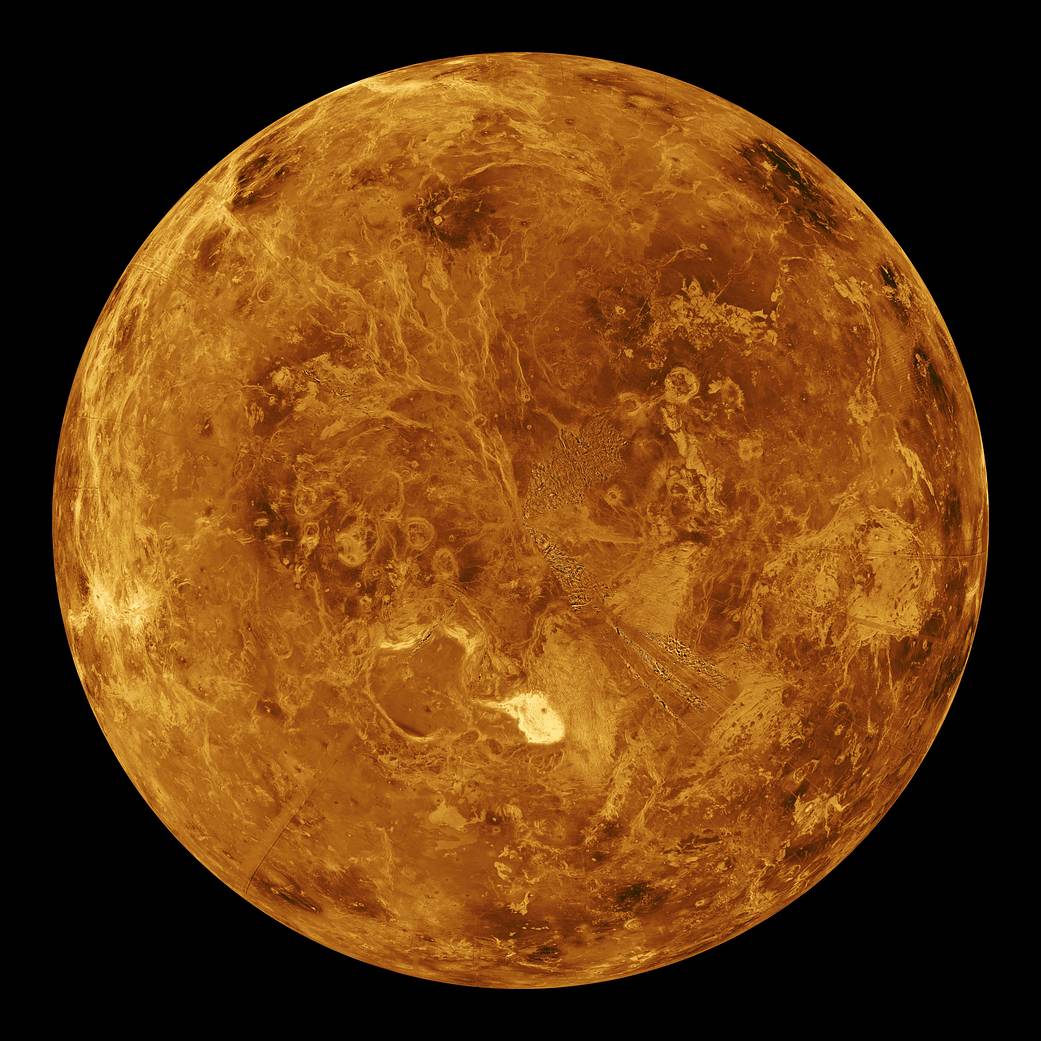Report by Gurpreet Kaur
The Why Series
Do you think Mercury is the hottest plant in our solar system? You cannot be further from the truth! The correct answer is Venus. Here’s why –
In 1716 Russian polymath Mikhail Lomonosov discovered the atmosphere of Venus and in 1962 NASA’s ‘Mariner 2’ successfully flew by and scanned the clouds of Venus and here’s what they found out –
1. The temperature on Venus reaches 880oF or 471oC whereas on Mercury it reaches 840 Fahrenheit or 449 Celsius (Lead melts at 621 Fahrenheit or 327 Celsius, and Zinc liquefies at 787 Fahrenheit or 420 Celsius).
2. Venus’s atmosphere is made of approx. 93% carbon dioxide. It also includes nitrogen and sulfuric acid. On the other hand, Mercury’s atmosphere consists of water vapor, oxygen, hydrogen, helium, sodium, calcium, and potassium. The side of Mercury facing away from the sun gets very cold, – 275 Fahrenheit or -170 Celsius. This is because the atmosphere of Mercury is very thin, so it cannot trap heat. What makes this relevant to our ‘why’?
Carbon dioxide is a greenhouse gas (gases like methane and carbon dioxide that trap energy from the sun into the atmosphere keeping the planet warm) thereby causing the greenhouse effect.
Venus is the hottest planet for two reasons:
- It is close to the sun.
- 2. It is cover majorly by green house gases, hence trapping heat within the atmosphere.
What is Greenhouse effect
When sun rays enter the Earth’s atmosphere, the Earth’s surface consumes the energy from the sun. This energy is sent back into the atmosphere. Most of this energy remains trapped in the atmosphere by greenhouse gases, causing Earth to get the necessary heat.
Did you Know!
Named after the Roman Goddess of love, Venus is often called the Earth’s twin. It is the third brightest object in the sky after the sun and the moon.
It is believed that at least a billion years ago, it might have had an environment conducive to life; A habitable ocean. Why? Because of the presence of greenhouse gases and an atmosphere. The amount of greenhouse gases in Venus’s atmosphere slowly increased in quantity to the extent that it could no longer support life.


